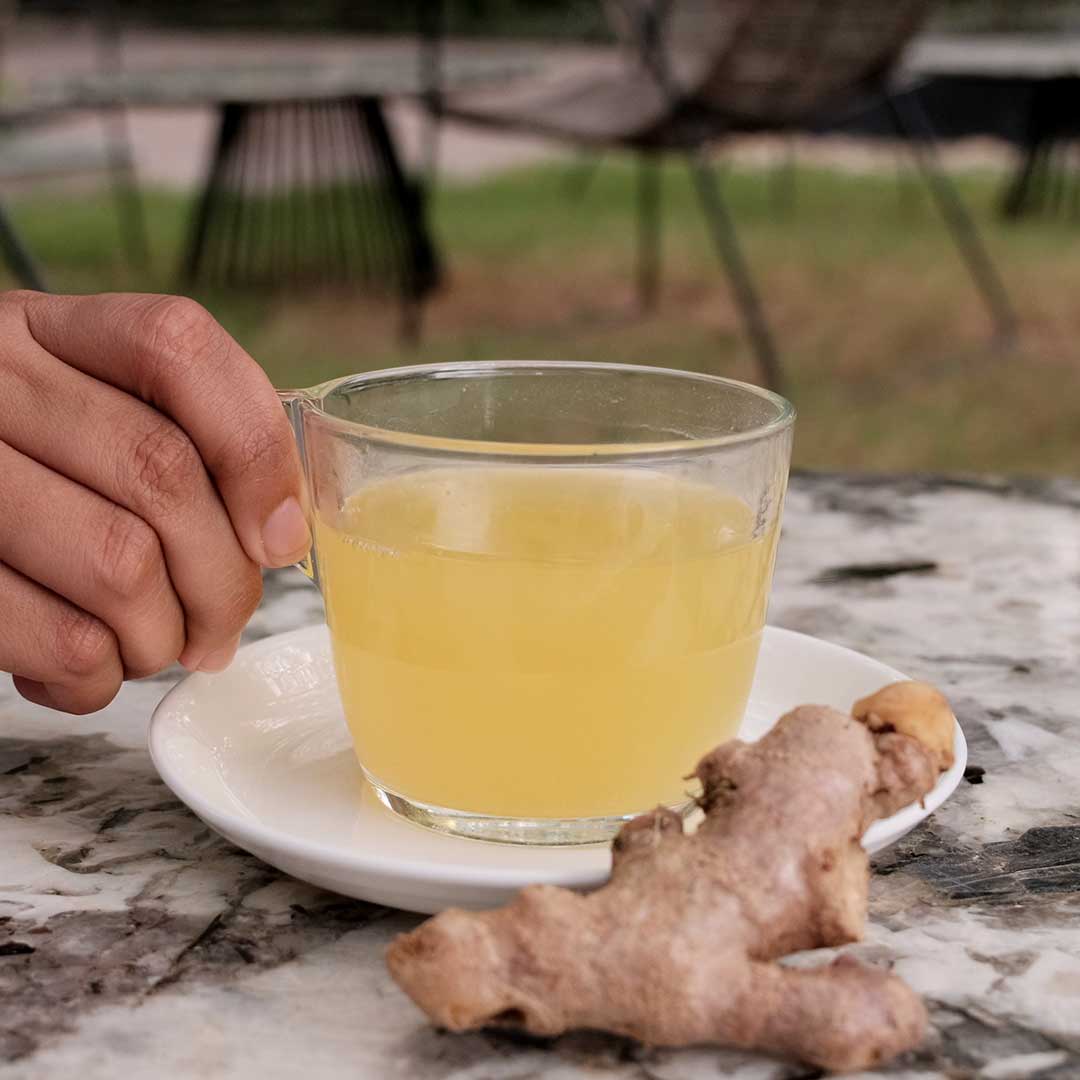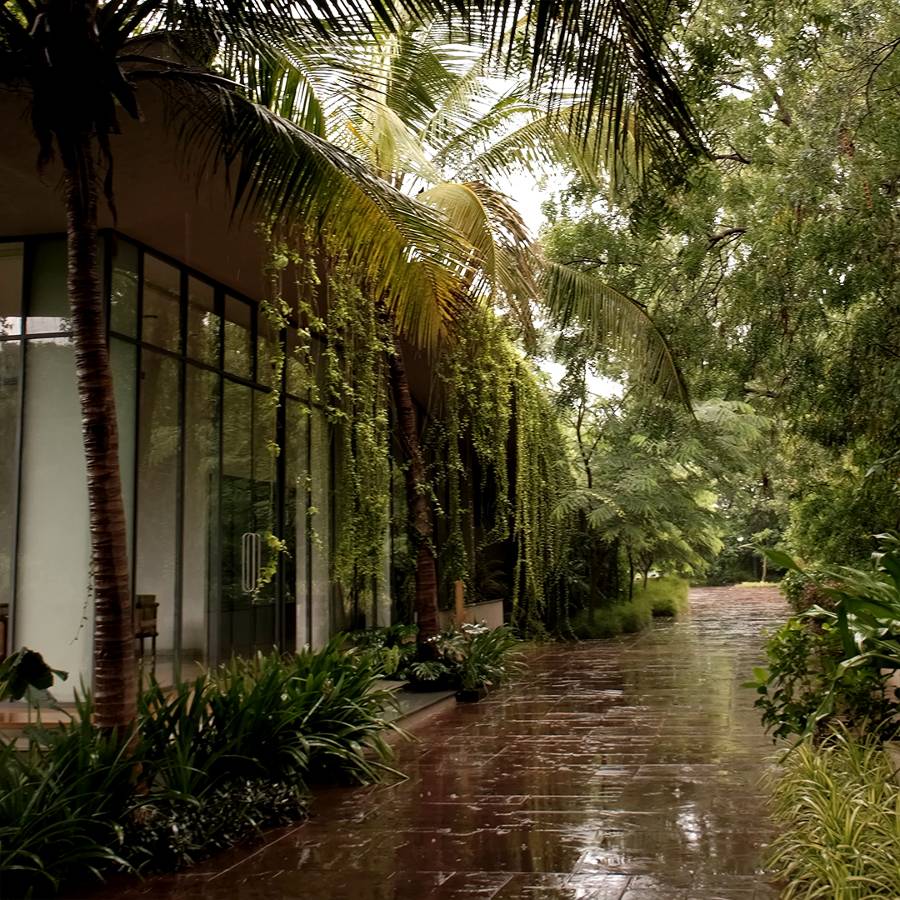Monsoon and Ayurveda

While rainy weather offers relief from the stifling heat outdoors, be cautious because it is also a time when body temperatures soar. Monsoon season brings a number of illnesses, including the common cold, fever, cough, cholera, dengue, and chikungunya
Humans are an essential component of the natural world. Therefore, each alteration in nature also has an impact on the human body. Seasonal differences will change the equation for bodily strength and digesting power. It will also cause differences in the body's dosha levels. The ancient science of Ayurveda specifies a few rules that should be followed in each season in order to preserve the equilibrium of the doshas and consequently maintain health. It is particularly important to adhere to the Ayurvedic regimens recommended for the rainy season since during the monsoon humans are more susceptible to illness.
Monsoon Season & Physical Changes
All three doshas will become vitiated during the monsoon season (vata, pitta and kapha). The body is more vulnerable to illnesses because of low bodily strength, which is linked to weak digestion and natural vitiation of all doshas. The monsoon season calls for specific dietary and lifestyle adjustments, which Ayurveda explains.
Monsoon - Must Do’s
Ayurveda places a lot of emphasis on Ahar (diet) and Anna (food).
Diet: Consuming carminative foods and beverages strengthens the immune system. You should utilize salt and sour flavours the most because they help with digestion. A light diet is advised
You can use foods made from barley, wheat, and rice among the available options. Since there is a heightened risk of water-borne illnesses during the monsoon, only use boiled, cool water. It will be beneficial to drink water or tea infused with ginger or tulsi juice because it helps with digestion and has antibacterial characteristics. This has been found to be useful in reducing the intensity and frequency of infections during the rainy season, particularly fever, common cold, and cough.
Monsoon - Must Don’ts
Avoid daytime sleeping, strenuous exercise, direct sunlight exposure, and dew. The doshas in the already-weakened body will become more aggravated as a result. It is strongly advised to avoid consuming foods with a high water content and drinking river water straight from the source without first boiling it.
Lifestyle: Dress comfortably in light, tidy clothing. The living space at Raga Villas remains spotless and humidity-free. At Raga Svara, accommodation and clothing are fumigated using agaru (Aquilaria agallocha), guggulu (commiphora mukul), etc. Aparajita dhooma churna may also be used for fumigation since it prevents the growth of antimicrobials.
Therapies at Raga Svara: Program Offerings include powder massage (udwartana), dry massage, therapeutic enema (basti), therapeutic emesis (vamana), khizi etc based on the suggestions of our ayurvedic doctor. The primary goals of these treatments are to cleanse the body and restore the balance of the doshas and bodily tissues.
Written by:
Dr Aneesh EG
Resident Physician at Raga Svara
Monsoons - Varsha Ritu is a great season to visit Raga Svara for rejuvenating retreat. Our Wellness Retreat, Yoga Retreat and Healing Retreats are particularly effective in the Varsha Ritu.
- Agnivesa, Charaka Samhita, Sutra Sthana 6/8. Available from
https://www.carakasamhitaonline.com/index.php?title=Tasyashiteeya_Adhyaya - Agnivesa, Charaka Samhita, Sutra Sthana 6/33-36. Available from
https://www.carakasamhitaonline.com/index.php?title=Tasyashiteeya_Adhyaya - Vagbhata, Ashtanga Hridaya, Sutra Sthana 3/46. Available from
https://vedicreserve.miu.edu/vagbhatta/vagbhatta_sutra.pdf


